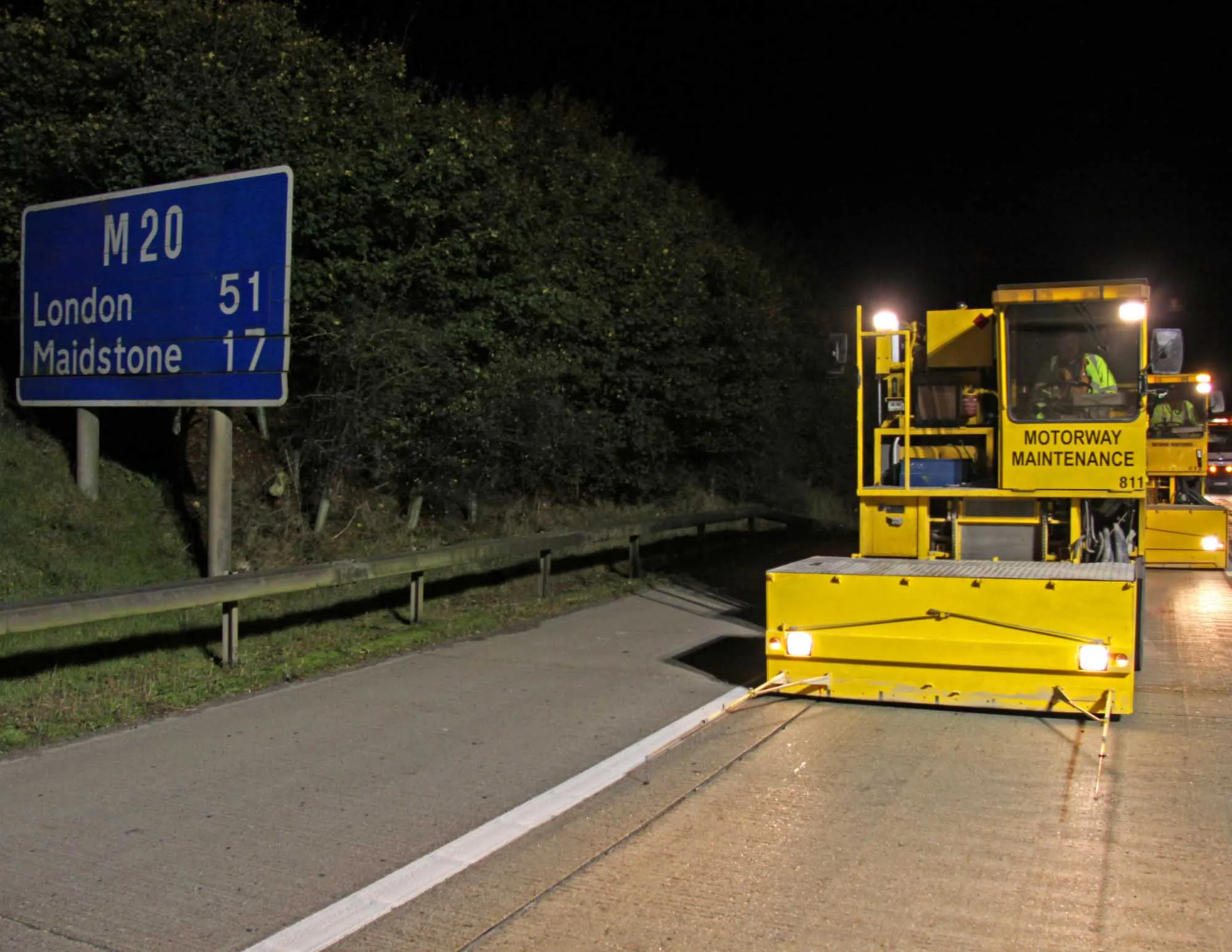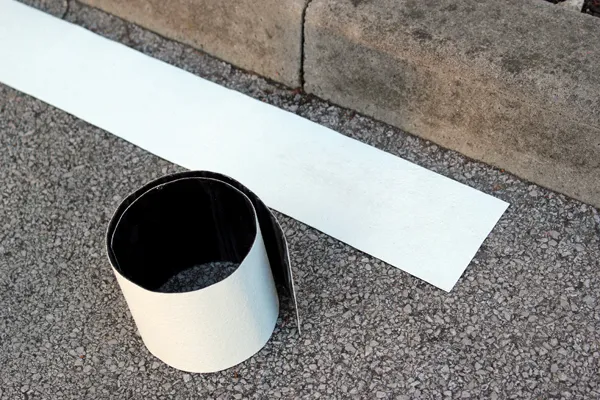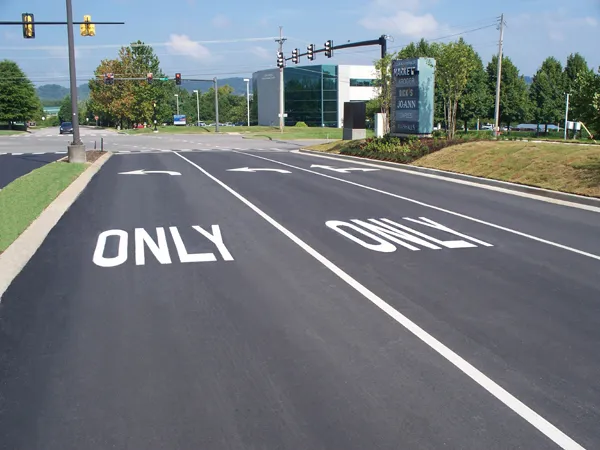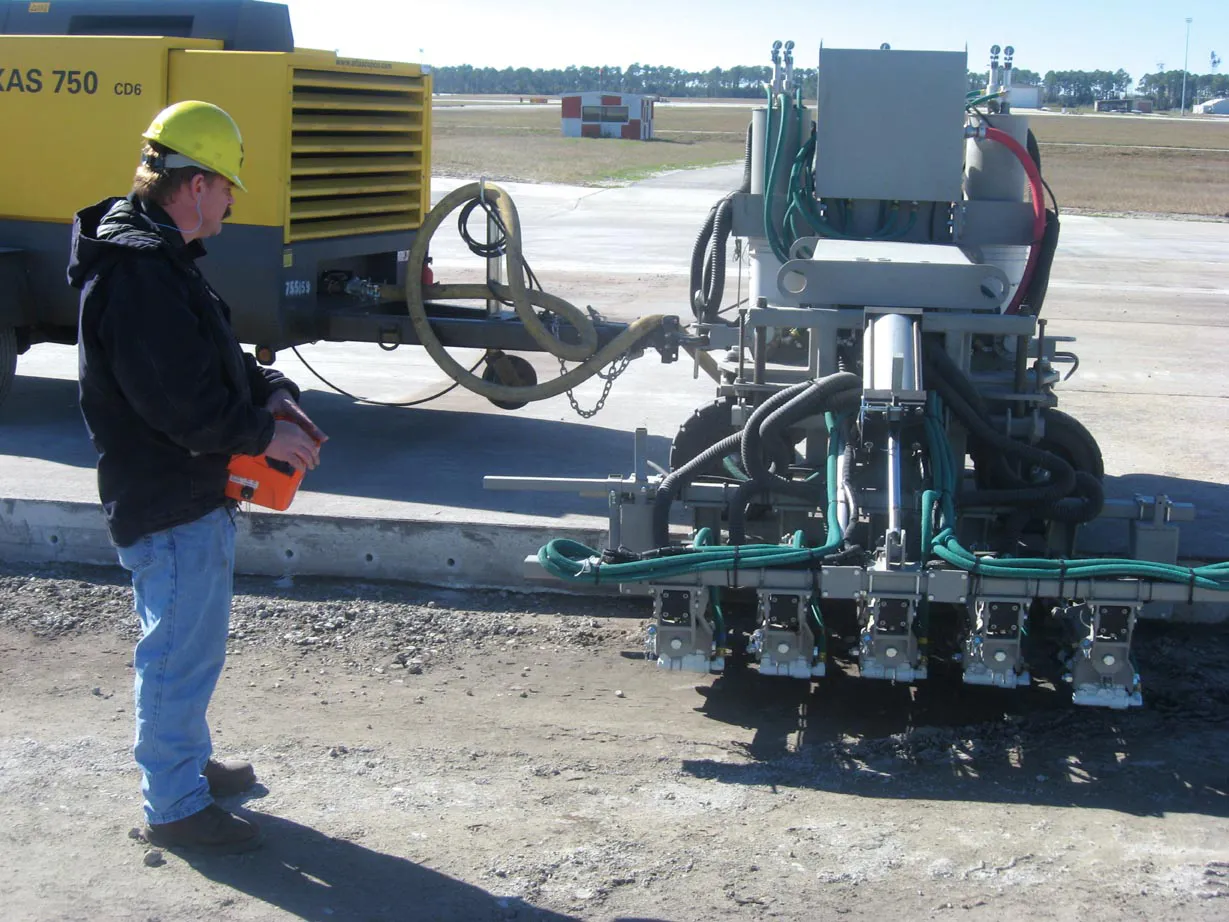
Contractor
The GrooveTex system improves and restores surface skid resistance by creating micro longitudinal grooves using closely spaced diamond-tipped saw blades at a predetermined width and depth. While being based on proven diamond-grinding techniques,
Unlike traditional grinding systems, GrooveTex adjusts to and follows the profile of the surface. The surface levels after treatment remain the same as the surrounding surface, avoiding the need for removal and reinstatement of road markings, road studs or ironwork.
Productivity is also said to be higher, as the machine has a retexturing width of 2m, said to be the widest of any unit available at present. A full lane width can be treated in a single pass using two GrooveTex machines in echelon. The benefits mean that the GrooveTex treatment is less costly than competing systems, according to Klaruw.
The technology has been tested successfully on the M20 and is likely to be used elsewhere in the UK, to boost safety for drivers. Unaffected by wet weather, Klaruw successfully completed the GrooveTex treatment within the specified timeframe and with minimal disruption to motorway users. The system also has the potential to reduce road/tyre noise levels generated by concrete.








